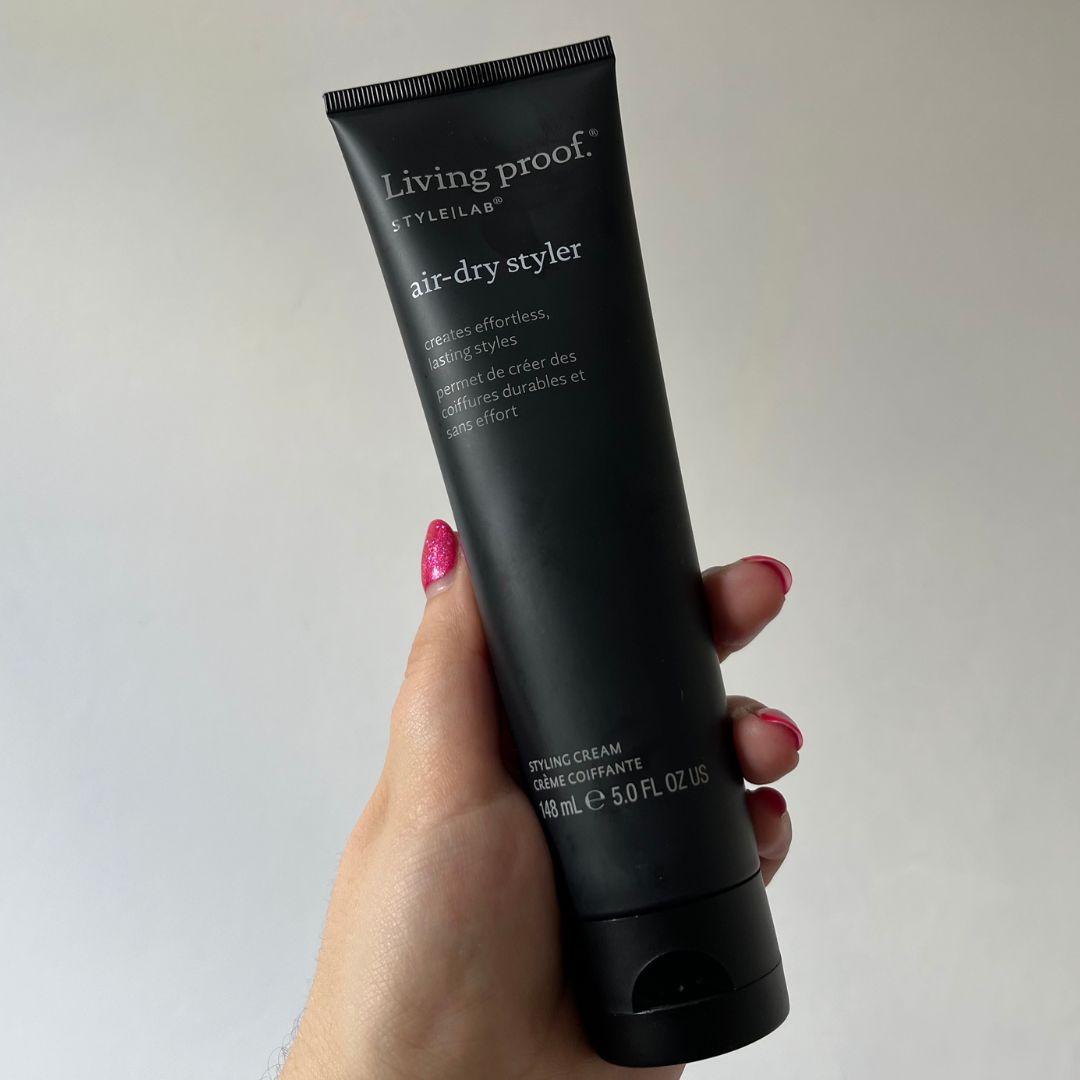Eating Disorders Awareness week 2020: ‘The day I discovered my boyfriend is anorexic’
Rebecca thought she knew everything about her partner Michael, but he was hiding a devastating secret. Here, they both describe how his eating disorder rocked their relationship…

Rebecca thought she knew everything about her partner Michael, but he was hiding a devastating secret. Here, they both describe how his eating disorder rocked their relationship…
Words by Claire Campbell
REBECCA, 33, A HR DIRECTOR, SAYS:
‘It was February 2009 when I realized something was wrong. Walking into the bathroom one morning, I found Michael crouching naked on the scales. Shocked by his jutting spine, I wondered why I hadn’t noticed before how thin he was getting. When we’d met on the dance floor at a party a year earlier, it was his strong, muscular body that had first attracted me. Now, his shoulders were like coat hangers, the veins in his arms showing through his skin. But it was Michael’s reaction that disturbed me the most. He behaved as if I’d caught him doing something shameful, shouting, “Get Out!” like a mad man. He apologized, but I couldn’t shake what I’d seen.
At the time, he was training for the London Marathon and insisted he needed to run six miles every day, which I thought was excessive. To encourage him to relax, I suggested we went out for a pizza that evening. He agreed, but ate only a starter and a small green salad and was unusually quiet. I missed the old Michael, the easy-going one who, when we first met, had taken part in an impromptu stand-up gig at our local bar. Now, there was a huge emotional gulf between us. That night, in bed, I tried to initiate sex, but he turned away from me. I felt angry and rejected. Michael had never been confident about his body, but we had always had great sex. We’d gone from having it two or three times a week to perhaps once in six weeks. This was particularly distressing as we had been planning to start a family.

I grew to hate the sight of his running kit. Every time I tried to talk to Michael about his training, or his increasingly restrictive diet – less than 1,000 calories a day, mostly egg-white omelettes or raw broccoli – he changed the subject. Eventually, we ate separate meals. I dreaded the supermarket, where Michael would become controlling, buying zero-fat milk and cutting out butter. At 6ft 1in, he weighed only 10 stone -2 stone lighter than his normal weight. Although I loved him, it felt like hugging a skeleton, and I was finding him much less attractive.
It was when his brother, Paul, returned from a six-month work trip and was visibly shocked by Michael’s appearance that I knew things were serious. We both tried to encourage him to see a doctor, but it wasn’t until I broke down in tears after weeks of anxiety and sleepless nights that he reluctantly agreed.
Marie Claire Newsletter
Celebrity news, beauty, fashion advice, and fascinating features, delivered straight to your inbox!
Seeing the way Michael’s jeans hung off his hip-bones, the doctor immediately referred him for inpatient treatment at a specialist unit, diagnosing him with acute anorexia nervosa. It was a relief for me to hear the words spoken out loud. Michael was horrified, but when he tried to refuse, the doctor told him he could either go in willingly or risk being sectioned under the Mental Health Act.
Michael spent the next four months in hospital. I missed him terrible, but I also felt guilty, relieved at not having to witness his mood swings. I visited him at least twice a week and we spoke on the phone daily. He needed constant encouragement to trust those treating him and to allow himself to eat, which was exhausting. Michael was discharged in September 2009 at just below his normal weight. It was now my responsibility to make him eat, and that terrified me.

Over the next two and a half years, Michael’s health slowly improved. He went swimming just once a week instead of running and ate a normal diet. I felt like I’d become his carer, rather than his girlfriend. I even found myself checking the kitchen bin to see if he was throwing food away. Fortunately, I never found any and, as he got stronger, his sense of humour returned and we grew closer once more. Our sex life improved, Michael applied for a promotion at work, and we began planning for a family.
Then, unexpectedly, Michael was turned down for the role and began running again to calm his anxiety. As his weight dropped, I recognized the signs and contacted the unit. The consultant offered day-patient treatment so as not to disrupt our lives too much. Michael has now gone from daily attendance at the clinic to just one day a fortnight. His weight remains at around 10 ½ stone. Although a recent bone scan showed he is suffering from the early stages of osteoporosis – brought on by his eating disorder – this is now being managed by bone-density drugs. It may be some years before Michael makes a full recovery and we must decide soon whether to go ahead with our plans for a family, or risk it being too late.
A relapse is always a possibility, and Michael’s consultant has warned that the stress of becoming a father could be a trigger, advising us to wait as long as we can. In the meantime, I feel the clock is ticking on my fertility and gaze with envy as our friends show off baby pictures. We have regular therapy sessions as a couple, in which I have admitted that I sometimes feel resentful about this. But I do love Michael, and am determined to stand by him, whatever happens.’

MICHAEL, 35, A TV PRODUCER, SAYS:
‘Admitting to Rebecca that I have a problem with eating was one of the worst moments of my life. I felt it was a weakness and something I should be ashamed of. I kept thinking I could handle it alone. The idea of talking to a doctor terrified me. There is still stigma that “fessing up” to a mental illness is like committing career suicide and my job in TV production had been going so well. But it was more than that. The newspapers are full of celebrities with anorexia, but they are nearly all female. I felt there was something “unmanly” about being anorexic, a flaw in my personality that I had to deal with. I just wanted it to go away.
Looking back, I can hardly believe how the illness crept up on me. I’ve always been body conscious and, after gaining a few pounds on holiday in the US that summer, I decided to up my exercise routine and cut back on calories. As the diet started to work, I felt good about myself. The more I lost, the more I liked it. I was fit and, more importantly, back in control again. But then things changed. Suddenly, I was feeling breathless going up the stairs at the train station and getting dizzy when I got out of bed in the morning. It was then that I realized the eating disorder was controlling me. I couldn’t stop thinking about food, counting every calorie down to the last raisin. At my worst, I wouldn’t even have noticed if Rebecca had walked out on me for good. Sex and starting a family were the last things on my mind. I didn’t even like being touched.

Searching the Internet, I read about a link between male anorexia and homosexuality. I wondered if I might secretly be gay, making it more difficult to open up to Rebecca. The illness invaded my personality so much that I was no longer sure of anything. Since I was a teenager I’d been worried I might be gay. I’d been very close to one boy at my secondary school and was never sure whether I was blocking my attraction towards him. Discussing all this in therapy resolved these anxieties, showing me that lots of men go through phases of questioning their sexual identity, and it wasn’t a threat to my relationship or to fatherhood.
The first time I was ill, I told my boss I was suffering from unexplained weight loss, as I wasn’t ready to use the term anorexia. Fortunately, he was sympathetic and didn’t ask too many questions. I hope I wasn’t rejected for the promotion because of my illness, but I’ll never really know. There is still a stigma about men suffering from eating disorders. Even a close friend of mine said, “Isn’t that something only women get?” when I confided in him. But the rest of my mates couldn’t have been more supportive, making me wish I’d told them before. I know now I will probably always be tense around food, but I can live with that, as long as my fears remain manageable. If they don’t, I know where to get help.

Inpatient treatment was pure hell – three large meals a day, plus cheese sandwiches mid-morning and halfway through the afternoon. Not being able to exercise afterwards was the worst part. Therapy helped me understand that my anxiety was more about emotions than food. Although there was no history of anorexia in my family, both my father and uncle have suffered from anxiety and depression, which my consultant explained are closely related. I also remember being a very serious child, prone to worrying and perfectionism, which is where I think my eating disorder began. Only Rebecca’s support made it bearable. All I can do now is focus on staying well so I can make up for everything I’ve put her through.’
For more information contact Beat, the leading UK charity supporting people affected by eating disorders, at help@b-eat.co.uk or 0845 634 1414.
The leading destination for fashion, beauty, shopping and finger-on-the-pulse views on the latest issues. Marie Claire's travel content helps you delight in discovering new destinations around the globe, offering a unique – and sometimes unchartered – travel experience. From new hotel openings to the destinations tipped to take over our travel calendars, this iconic name has it covered.
-
 Jonathan Anderson is going to Dior Men
Jonathan Anderson is going to Dior MenHis debut collection will be this June
By Mischa Anouk Smith
-
 I'm a 2025 bride and these are the best affordable wedding dresses I've found
I'm a 2025 bride and these are the best affordable wedding dresses I've foundLess than £1,000 but still the height of chic
By Sofia Piza
-
 I haven't worn my hair completely natural for years, but this air-dry styling cream has made me love my waves again
I haven't worn my hair completely natural for years, but this air-dry styling cream has made me love my waves againI will never be without this
By Amelia Yeomans